Specializing in the “New Japanese” genre, Shiyo represents a new generation of artists redefining Japanese-inspired tattooing. Based in Suwon, South Korea, his work fuses the strength and symbolism of traditional Irezumi with a modern sense of flow, freedom, and individuality. Shiyo’s journey wasn’t easy, from overcoming family opposition to spending years drawing before ever touching a tattoo machine, his story is one of persistence and discipline.
Today, his art stands out for its refined compositions, bold imagery, and the deep respect he holds for both the craft and the person wearing it. Beyond technical skill, Shiyo believes true greatness lies in character and integrity. Let’s get to know better Shiyo, a dedicated artist whose passion and resilience reflect the evolving spirit of Korea’s modern tattoo scene.
How would you like to introduce yourself?
I’m Shiyo, a tattoo artist in Korea specializing in the “New Japanese” genre.
Where can your customers find you?
I work in Suwon, Gyeonggi-do, South Korea.
How would you describe the tattoo scene in South Korea these days?
I believe the tattoo scene in Korea still hasn’t truly reached its full potential. There’s limited recognition of tattooing as an art form.
Where did your fascination for tattoos come from?
I was captured by tattoos from different countries that I saw online as a child.
What does tattooing mean to you personally?
To me, tattooing is an art form that represents individuality and the importance of the person.
At what point in your life did you decide to become a professional tattoo artist?
Around the age of 22, during a time when I felt lost and empty. After a wake-up call from harsh reality, I decided to pursue tattooing professionally.
How did your family react when you started a career in tattooing?
Because the tattoo scene in Korea isn’t very encouraging, my parents were not supportive. They urged me to consider other careers.
Did you go through an apprenticeship? How was that experience?
Yes, I trained under a wonderful mentor. At first, I didn’t even know how to draw, so the learning process was extremely tough. I set a multi-year life goal and stuck to it, drawing nearly every day for two years before ever touching a tattoo machine. Even when others rested or travelled, I spent my time in my mentor’s studio drawing. I allowed myself only about 10 days of rest per year. My first time using the machine and doing a proper tattoo, it didn’t go as planned, and I was devastated. I cried, hiding, pushing myself through that gruelling phase. It was incredibly hard.
What did your first tattoo look like?
It was a traditional Japanese Irezumi design featuring a hannya mask and lotus flowers.
As a tattoo artist, what does your daily working routine look like?
Like most artists, I arrive at a set time, draw, tattoo clients when they arrive, clean up afterwards, and then continue drawing late into the night.
How do you determine the price of a tattoo?
I base pricing on the level of detail and the size of the design.
What’s the most rewarding aspect of being a tattoo artist?
The most rewarding moment for me as a tattoo artist is when a client, satisfied with their tattoo, smiles.
How would you define your current tattoo style, and how did you end up focusing on it?
My tattoo style is New Japanese. I was drawn to traditional Japanese folk painting, and while traditional Irezumi is highly structured, I chose New Japanese to have more freedom in expression.
Please walk us through your process when you start a new tattoo for your customers.
Clients describe where they want the tattoo, show me reference photos, size, and the concept. I then draw it in my own style.
How do you stay creatively inspired?
I look at countless tattoos and artworks every day, and I always jot down ideas the moment they come to me.
How do you balance client requests with your artistic vision?
I consider what the client wants and interpret it through my own style.
Are there any tattoo styles you’d like to explore more?
I’d love to explore Color Realism.
What’s the most underrated tattoo style?
I don’t think any tattoo style is underrated. Just as our perspectives differ, no style should be deemed better than another.
What’s the most overrated tattoo style?
Similarly, I don’t believe in overrated styles either.
Are there any tattoos you prefer not to do?
I love all art and tattoos. That said, I prefer not to do tattoos executed without sufficient knowledge.
Do you have sponsors? If yes, what could you tell us about your sponsors?
Yes, Dongho.tattoo. They produce and sell a wide range of aftercare and stencil products. They are fantastic to work with.
Being a successful tattoo artist requires many different skills. What’s your favorite way to keep learning?
I constantly think, draw, grow, and learn without being lazy. I believe everyone handles the machine more or less similarly, so I focus my studies on drawing first.
Do you like to teach or mentor upcoming artists?
Not proactively. If a junior artist has tried enough and still hits a wall, and then asks me, I’ll share advice. But offering guidance when they haven’t even tried themselves would not be correct. They might become too reliant on others.
What’s the best piece of advice you ever received to improve your tattooing technique?
To practice consistently and follow through with your planned goals.
How do you stay at the top of your game?
I always think about design and put those thoughts into action. Stopping at ideas isn’t enough. Thorough preparation is essential.
What do you think separates a good tattoo artist from a great one?
Skill matters, but it’s also about character and dignity. Having talent alone doesn’t make you a great tattooist.
What’s the biggest misconception that customers may have about tattoos?
Many think tattoos take a very short time. In reality, most are done over several sessions, depending on size.
What’s the biggest trend in tattooing you have noticed in the last 5 years?
I don’t think there’s a single trend. It’s more about personal taste.
Who are the people you admire the most within the tattoo community?
There are too many amazing individuals across different fields to name here. Their distinct personalities, ideas, and skills make them outstanding.
How do you usually prepare for a tattoo convention?
I accept clients according to the convention schedule and prepare merchandise.
What’s your primary reason to attend a tattoo convention?
To let more people know that artists are working in this style.
Do you collect tattoos from artists you meet at conventions?
No. If possible, I’d love to get tattooed by artists I admire, but in reality, there’s no more space on my body!
Was there any event in particular that really boosted your career?
No. I simply kept thinking, acting, and putting in the effort without any one special event.
Is there any tattoo that you have created in your career that you are particularly proud of?
I always conceptualize and create special works. The memories formed with clients during each process make every piece precious and a source of pride.
What advice would you offer to someone considering a career as a tattoo artist?
Becoming a tattooist isn’t as easy as you might think. Like everything, it requires consistent effort and self-reflection. Don’t become complacent.
What legacy do you want to leave as a tattoo artist?
Rather than leaving something physical, I want to be remembered by people.
To close this awesome interview, what’s your last message to our readers?
Life is shorter than you think. Don’t fear, challenge yourself to pursue what you want. It’s okay to fail. Don’t be afraid of failure. It’s okay to be slow. I continue to challenge myself and grow. If this tattooist (me) is conducting this wonderful interview, you, too, can grow wonderfully as well.
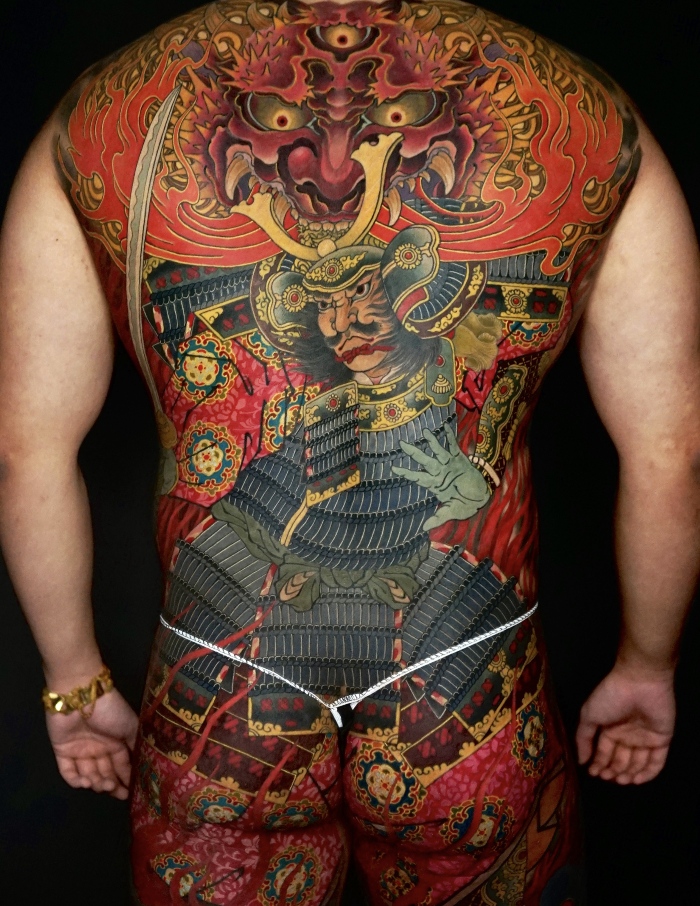

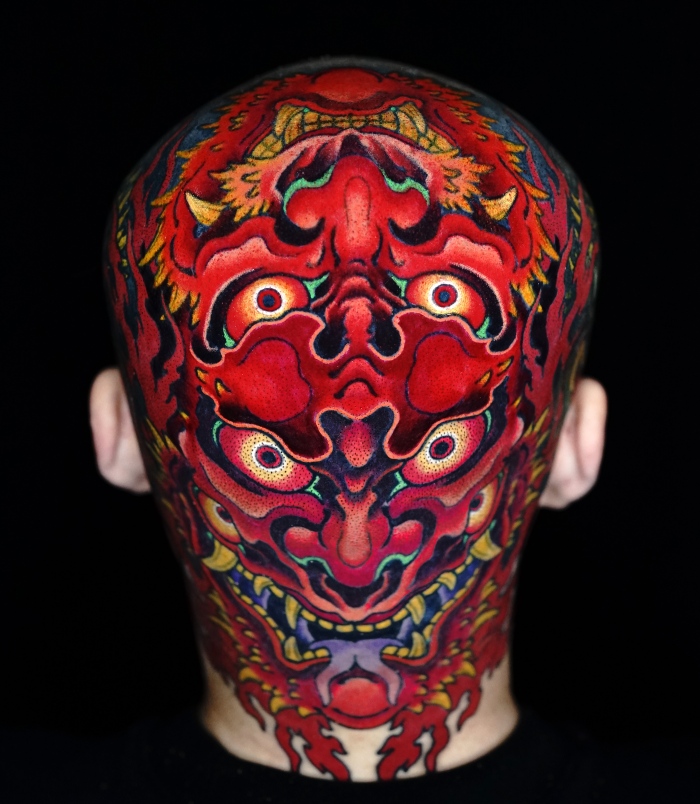


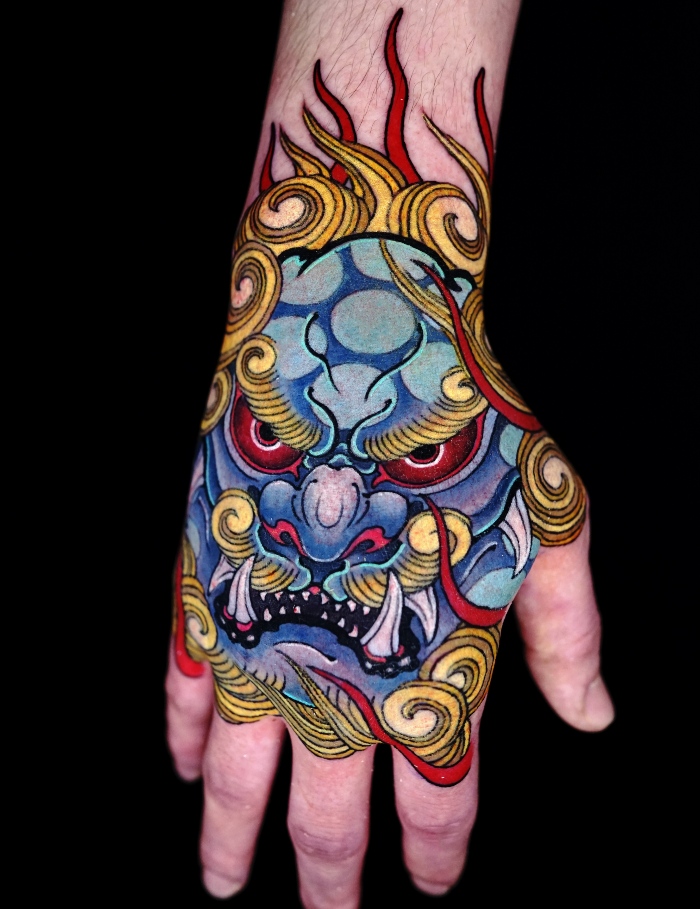

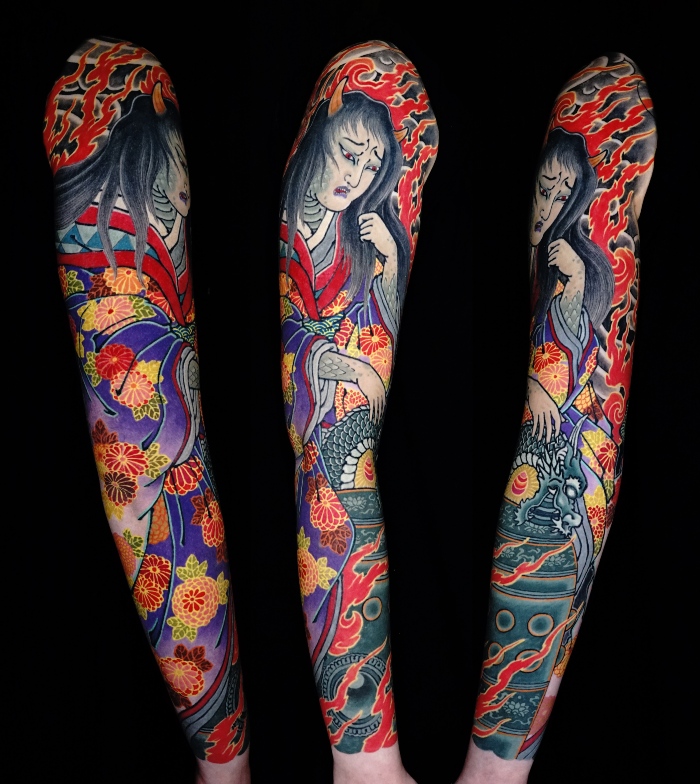
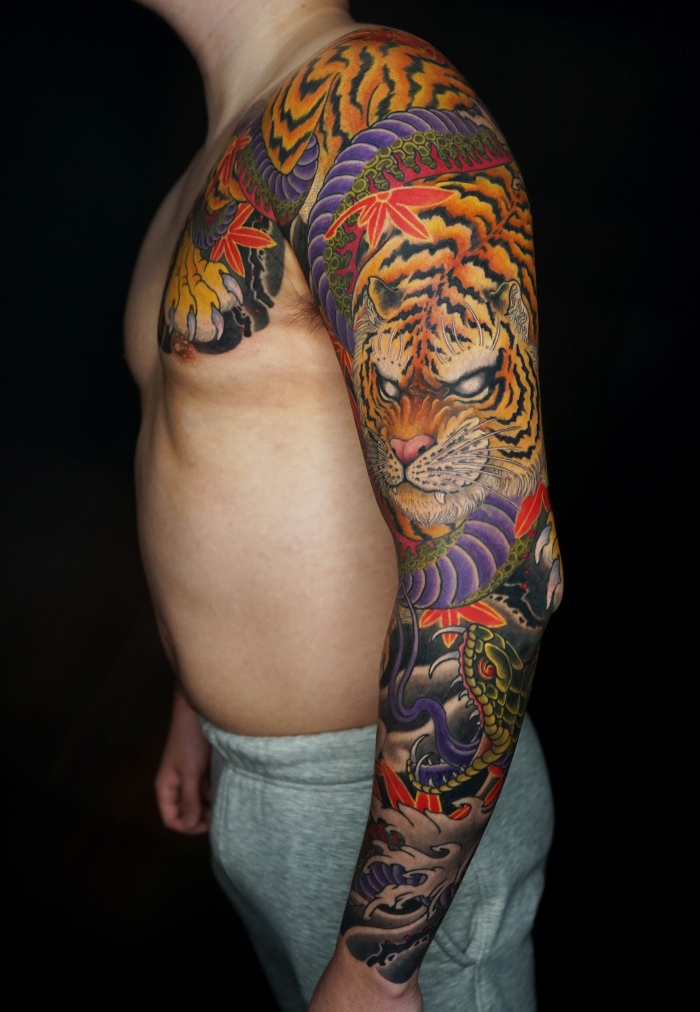
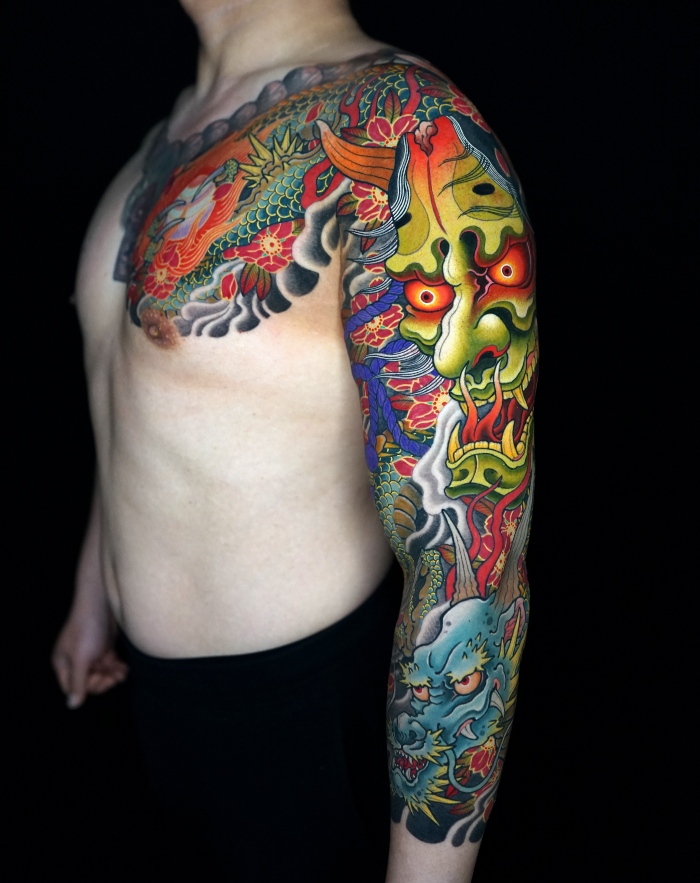


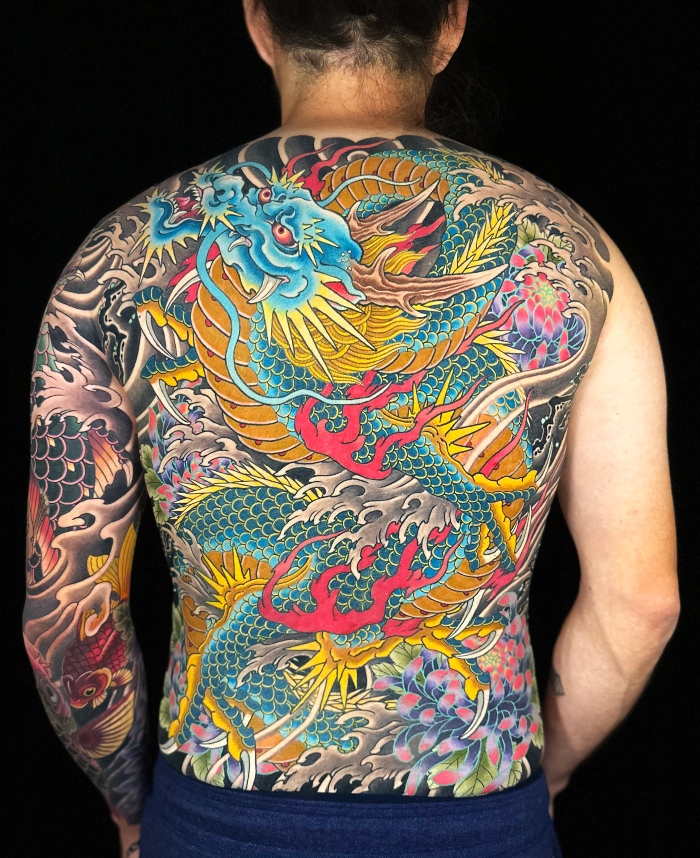
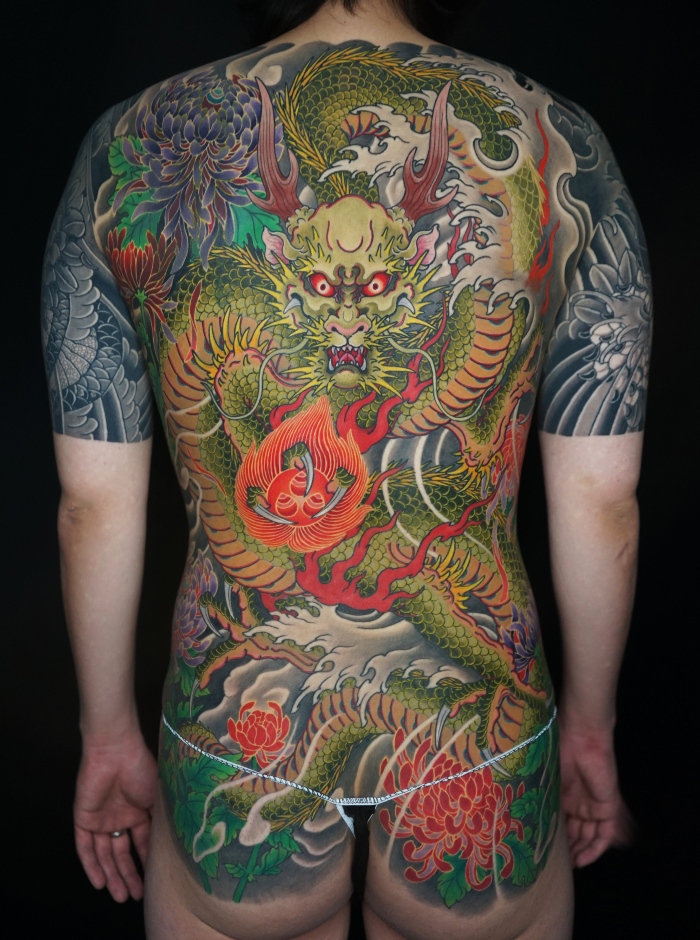

Leave A Comment